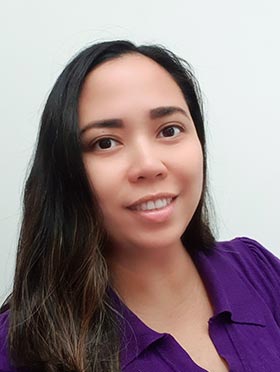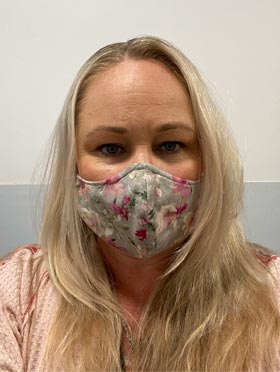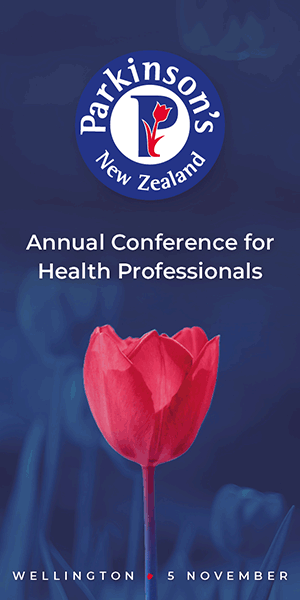

My colleagues, too, often talk about a time when they looked after residents who only needed minimal help. Seldom did you need two or three staff to help a resident with a task. There was time to sit down, have a conversation over cups of tea and biscuits and to just be present with residents. You could take your breaks on time, do your notes and be home to enjoy time with family.
Fast-forward to today. Along with the uncertainties of COVID-19, we are seeing more complex residents come through the doors. Often they have multiple diagnoses and varied complications. They have to be checked regularly and monitored closely. As a result, facilities nowadays often need higher staffing and training levels.
It has always been a challenge for aged residential care (ARC) facilities to be fully staffed. The stigma of ARC being too challenging, with little financial reward, does not attract a lot of interest from nurses. Retaining trained staff – always a challenge – is sadly now a battle, day after day. Many friends who are nurses and health-care workers do not stay long in this field. They turn up worried they will be working with no support, and whether they will be able to provide the care residents require.
Many go home feeling deflated, worn out and dissatisfied. More and more are cutting down their hours for their own wellbeing – with some leaving for good. And again, we are back to the problem of staff shortages.
Increasing resident complexities against poor staffing ratios can magnify existing problems. Errors and poor patient care are more likely when staff are overworked, stressed and burned out.
Our work demands physical energy, but also holistic care. Residents missing out leads to patient dissatisfaction, medical complications and complaints.
But we cannot give from an empty cup. We need others to stand with us and help us get our voices heard, so we can continue serving.
We need others to stand with us and help us get our voices heard, so we can continue serving.
Plenty of managers are supporting our fight for safe staffing and resident safety. One is Natalie Seymour, a beacon of strong leadership and a nurse and patient advocate. This is her statement on the crisis:
Nursing over the past few decades has become increasingly complex and challenging. Staffing shortages have been known about but not addressed adequately until the pandemic, when they were thrust front and centre.
In aged care particularly, these shortages – with significantly increased patient/resident acuity – result in increased fatigue, fear of making errors and nurses dropping hours or leaving the workforce entirely.
New Zealand has been heavily reliant on our international colleagues to provide us with the nursing workforce that we haven’t been able to grow ourselves. While this provides us with experts and experience outside of New Zealand knowledge and cultures, our borders closing has created a significant shortfall.
Aged and other primary care sectors are finding it difficult to recruit, retain and encourage people to return to nursing, with the significant variance between pay scales.
Many smaller, independent providers cannot match district health board pay rates. So they become innovative, using incentives such as supported education with guaranteed release time or supporting internationally-qualified nurses to complete competency assessment programmes.
There is an ongoing struggle to balance inadequate staffing against increasingly high and complex needs. Ensuring the mental and emotional wellbeing of staff cannot be pushed aside.
Although nursing in ARC can be a challenge, at the end of the day, it is the vulnerable older person who suffers if we don’t try. And, even if it can be daunting and frustrating, I cannot see myself doing anything else – because the rewards from looking after our most precious treasures are significant and humbling.
See also: Aged care nurses ‘backbone’ of system and A daughter’s view from the inside – aged care.
Ruth Abad, RN, BN, PGDip(gerontology) is clinical nurse educator at Nurse Maude Hospital, Christchurch.
Natalie Seymour, RN, BN, PGDip(gerontology), PGCert HSc(mental health) is hospital services manager at Nurse Maude Hospital, Christchurch and chair of NZNO’s College of Gerontology Nursing.




